Clemes & Clemes on the Impact on Our Tool Manufacturers
We reached out to Clemes & Clemes to see how the tariffs are impacting business for a tool manufacturer.
For over half a century, we have worked hard to source locally and domestically when possible. Forging long-lasting relationships with local suppliers tends to keep costs down and quality up – being able to walk right into a supplier’s office when there is an issue is always a plus.
As an example, we recently brought the manufacture of the electrical enclosures for our drum carders in house. We used to buy stock electrical cans, but during Covid, the manufacturer moved production from Georgia to Mexico. The quality of the cans became so erratic that they were no longer usable to us, so we designed and now have electrical enclosures laser cut and bent to our exact specifications just ten minutes from our shop. After we assemble them, they are powder coated by another company just a couple miles down the road. Not only did we take back control of the quality, we also lowered our overall costs as the enclosures now come ready to use without laborious modifications.
There are, of course, many parts that are not reshore-able (reshoring being the opposite of offshoring). Nuts, bolts, screws – most hardware – have not been made in the U.S. for quite some time now, with China being the main supplier. Likewise, carding cloth for the textile industry is no longer made here. Thankfully, we have good sources in Europe that we have worked with for decades, who manufacture specifically for us and to our specifications.
So, from a supply side, I don’t see a huge impact on our business from tariffs at the moment. If the little bit of hardware that we use of Chinese origin doubled in price, it would likely have a minimal effect on our pricing overall, and our other imports come from regions which – as of yet – are not under heavy tariffs.
The bigger impact we are concerned about is actually consumer confidence. The on, off, on again nature of the tariff negotiation process can have a paralyzing effect on purchases – especially for big-ticket items. We see this every four years with the presidential election cycle – in March or April of an election year, things start to slow down, with sales down to a trickle by the first week in November. But a week later – no matter who wins – consumers once again have certainty and again feel confident to make purchasing decisions. Richard Nixon was president when my father started our family’s business; we have seen this cycle time and again.
The concern with this tariff business is that there is no real end in sight; no date that we can point to and expect consumer confidence to flip from low to high. That really puts the onus on us as a company to instill confidence in customers making a purchase from us. Being industry leaders in quality for more than half a century is certainly helpful in that aspect. And while we have offered payment plans on big-ticket items for almost a decade, we recently started offering short-term payment plans on smaller items. For instance, $140 for a Lock Pop may seem like a stretch at the moment for someone, but $35 per month over four months will give them a little more in their monthly budget while still affording a tool that they will own for the rest of their life.
So, while tariffs at the moment are making life interesting, we are taking them in stride as the next challenge for our business to overcome. We’ve survived everything from the stagflation of the 1970s to multiple “once in a lifetime” recessions in the last 20 years. For us – at the moment – the way through is by maintaining world-class quality, working on keeping prices down whenever we can, and making our products as accessible as possible.
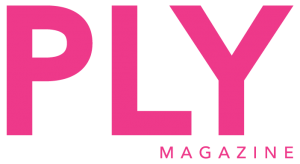
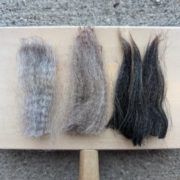
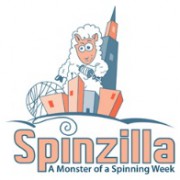
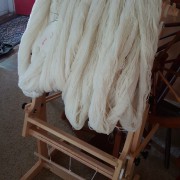
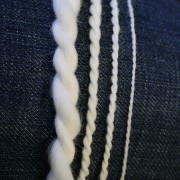
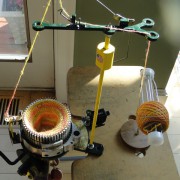



Leave a Reply
Want to join the discussion?Feel free to contribute!